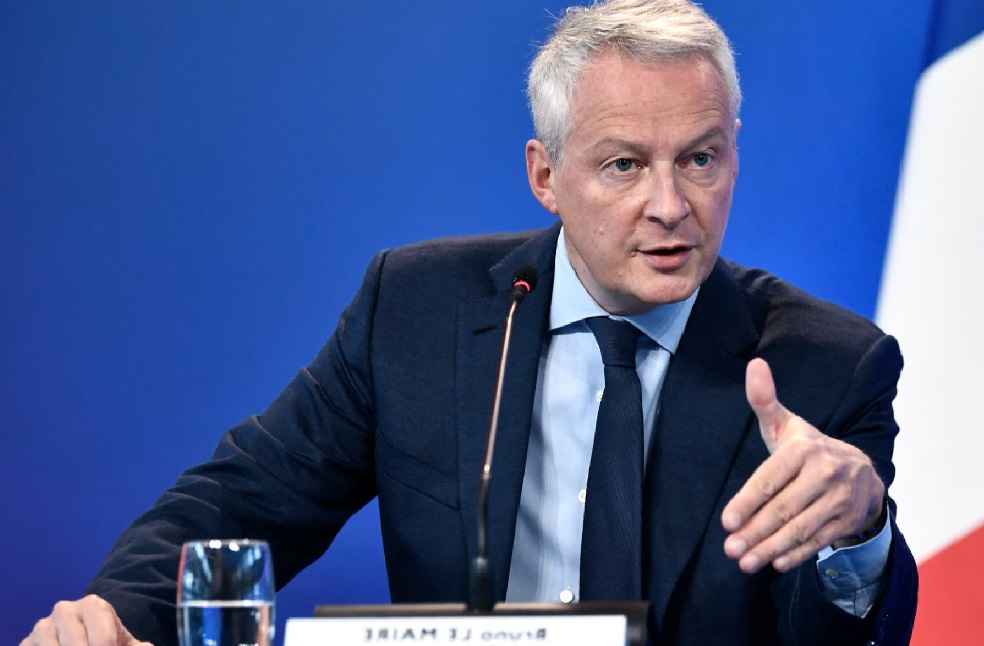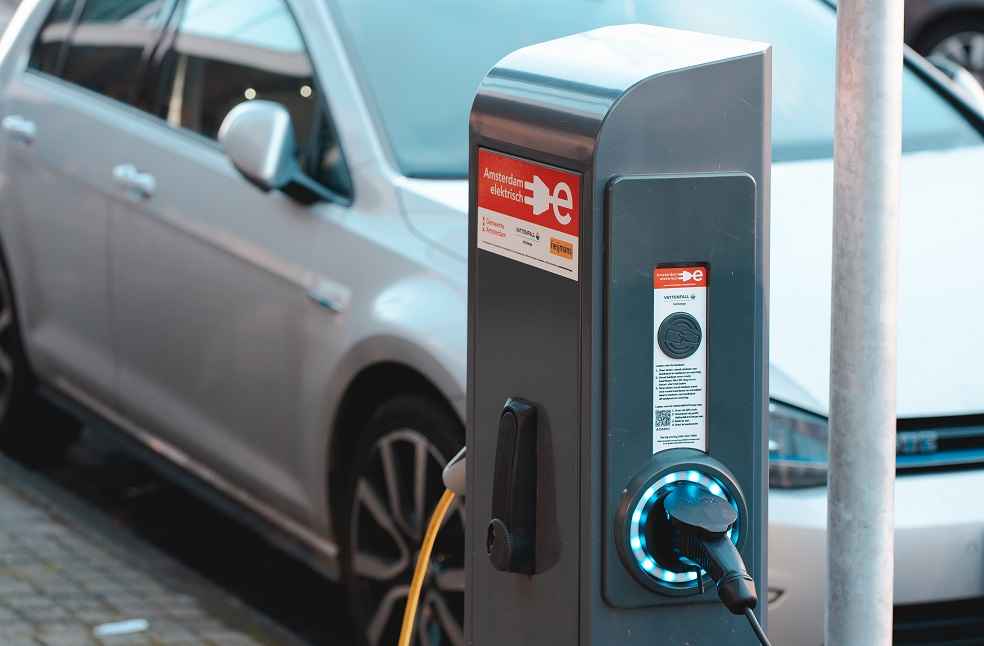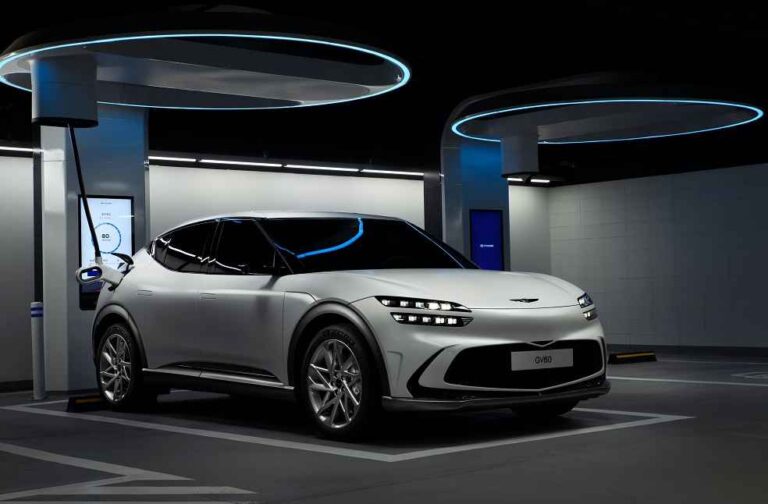France’s new automotive subsidies are poised to empower the European car industry to counter the threat of a surge in cheap Chinese EV Import , Says French Finance Minister Bruno Le Maire.
France is putting forward a somewhat tougher strategy to counter China’s EVs. Under a green initiative package introduced in May, the French government will only pay subsidies for new EVs based on the emissions of their producers. This policy shift is likely to impact manufacturers from China, where the industry largely relies on coal-powered electricity.
Le Maire voiced his confidence in Europe’s resilience during a meeting with Chinese leaders in Beijing over the weekend, where trade and investment were discussed. “I think with our new legislative decisions, we pave the way in Europe for a less naive approach, taking into account the level of emissions of the industry,” he commented.

Analysts from Allianz suggest that Chinese EV sales in Europe, although still nascent, could soar to 1.5 million vehicles by 2030, equivalent to 13.5% of the EU’s 2022 sales. This, coupled with European carmakers potentially losing market share at home and in China, presents significant challenges. The situation is further complicated by EU policies requiring a phase-out of internal combustion engines by 2035.
The new French law, due to be fully adopted by parliament by the end of the year, could provide some relief to European manufacturers. Chinese-made EVs might not qualify for incentives, which range from €5,000 to €7,000 per new electric vehicle. Le Maire explains the policy change stating, “I’m determined to support the European car industry and the French car industry.”
Interestingly, Le Maire has welcomed Chinese direct investments in Europe’s EV sector. China’s XTC New Energy Materials has recently announced joint ventures with French nuclear group Orano to produce battery materials, and the Chinese EV leader BYD is considering establishing a factory in Europe.
“We need China as a key partner for global growth,” Le Maire emphasized, acknowledging the potential for mutual benefit despite the competition.

On a separate note, Le Maire stated that France and China had reached an agreement to resolve regulatory discrepancies in the cosmetics sector, which has been a concern for French exporters. The Chinese market accounts for 30-35% of total revenues for many French cosmetic companies, underscoring the importance of this agreement.
Over the past five years, France has been trying to address concerns among European EV manufacturers. In this context, while European manufacturers believe they can fend off China’s EV penetration into the open global market, market experts say otherwise. Experts point out that we cannot rule out the possibility of China switching all of its EV production to green production within a year or two to overcome this European strategy.
DON’T MISS IT | Google Faces German Antitrust Claims





